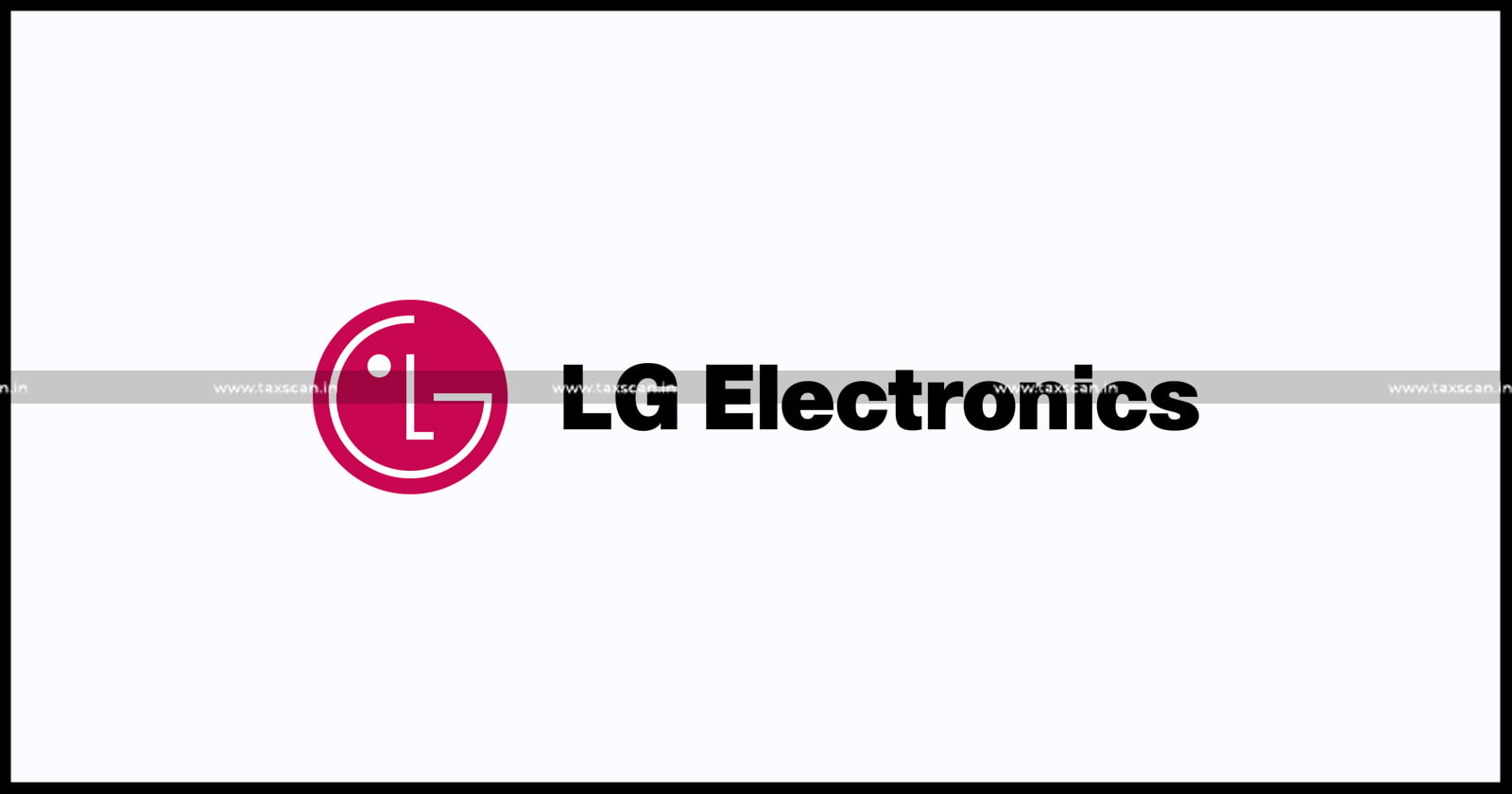Sulphur Limit in IS 17049 Applies to Calcined, Not Raw Petroleum Coke: CESTAT upholds DGFT Clarification [Read Order]
CESTAT rules that sulphur content standards under IS 17049 apply to calcined petroleum coke, not raw petroleum coke at the time of import
![Sulphur Limit in IS 17049 Applies to Calcined, Not Raw Petroleum Coke: CESTAT upholds DGFT Clarification [Read Order] Sulphur Limit in IS 17049 Applies to Calcined, Not Raw Petroleum Coke: CESTAT upholds DGFT Clarification [Read Order]](https://images.taxscan.in/h-upload/2025/07/28/2070061-cestat-raw-petroleum-coke-dgft-taxscan.webp)
The Kolkata Bench of the Customs, Excise, and Service Tax Appellate Tribunal (CESTAT) ruled that the sulphur content requirement under Indian Standard IS 17049 applies to calcined petroleum coke (CPC), not to raw petroleum coke (RPC) at the time of import.
India Carbon Ltd., the respondent, imported raw petroleum coke under a valid import license issued by the Directorate General of Foreign Trade (DGFT) based on recommendations of an expert committee.
The license permitted the import of RPC specifically for manufacturing CPC, which is used in the aluminium industry. Customs authorities later seized a portion of the imported goods on the grounds that the sulphur content in the RPC exceeded 3.5 percent, claiming a violation of import policy conditions and IS 17049 standards.
 Also Read:CENVAT Credit on Technical Know-How Services Not Eligible for Trading Use: CESTAT on LG Electronics Case [Read Order]
Also Read:CENVAT Credit on Technical Know-How Services Not Eligible for Trading Use: CESTAT on LG Electronics Case [Read Order]
The customs department challenged the order passed by the Commissioner (Appeals), which had ruled in favour of India Carbon Ltd. The department argued that the imported RPC had sulphur content beyond the prescribed limit under IS 17049 and thus was not eligible for import under the DGFT license.
The department further argued that the license referenced IS 17049 but the sulphur content in the RPC should have complied with that standard at the point of import.
The appellant’s counsel argued that IS 17049 pertains only to CPC, the finished product, and not to RPC used as input. The counsel also argued that the DGFT, being the competent licensing authority, had issued a written clarification confirming that the sulphur requirement applied to the CPC produced from the RPC and not to the RPC itself.
 Also Read:Setback to LG Electronics: CESTAT rules CENVAT Credit on Brand Shop Management Services Not Admissible as Advertising Services [Read Order]
Also Read:Setback to LG Electronics: CESTAT rules CENVAT Credit on Brand Shop Management Services Not Admissible as Advertising Services [Read Order]
The two-member bench comprising Ashok Jindal (Judicial Member) and K. Anpazhakan (Technical Member) observed that the DGFT's clarification clearly supported the view that the sulphur limit under IS 17049 applies to the output product, CPC, and not to the input material, RPC.
The tribunal also observed that the customs department could not overrule or reinterpret the licensing conditions clarified by the DGFT. The tribunal explained that the import was in line with the policy and quota issued by the competent authority and that applying CPC standards to RPC was a misreading of the policy.
The tribunal found no merit in the customs department’s appeal and dismissed it, upholding the import as valid.
Support our journalism by subscribing to Taxscan premium. Follow us on Telegram for quick updates


